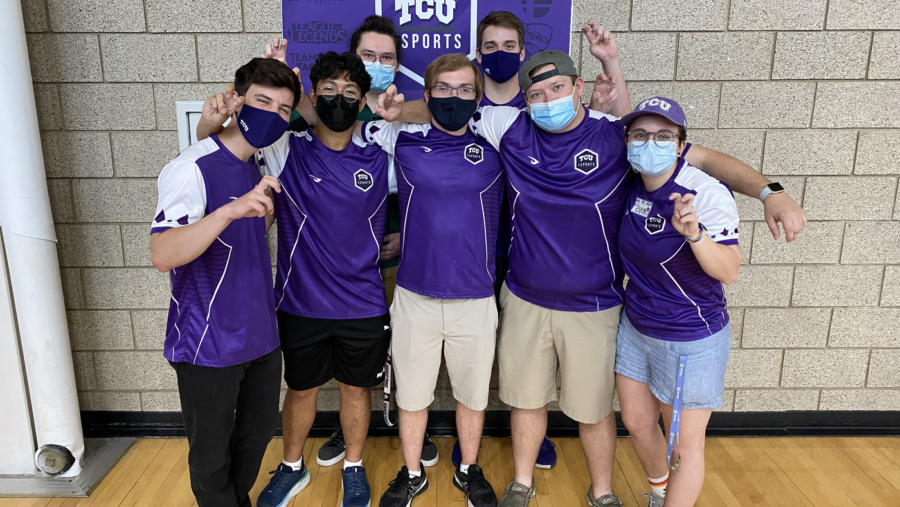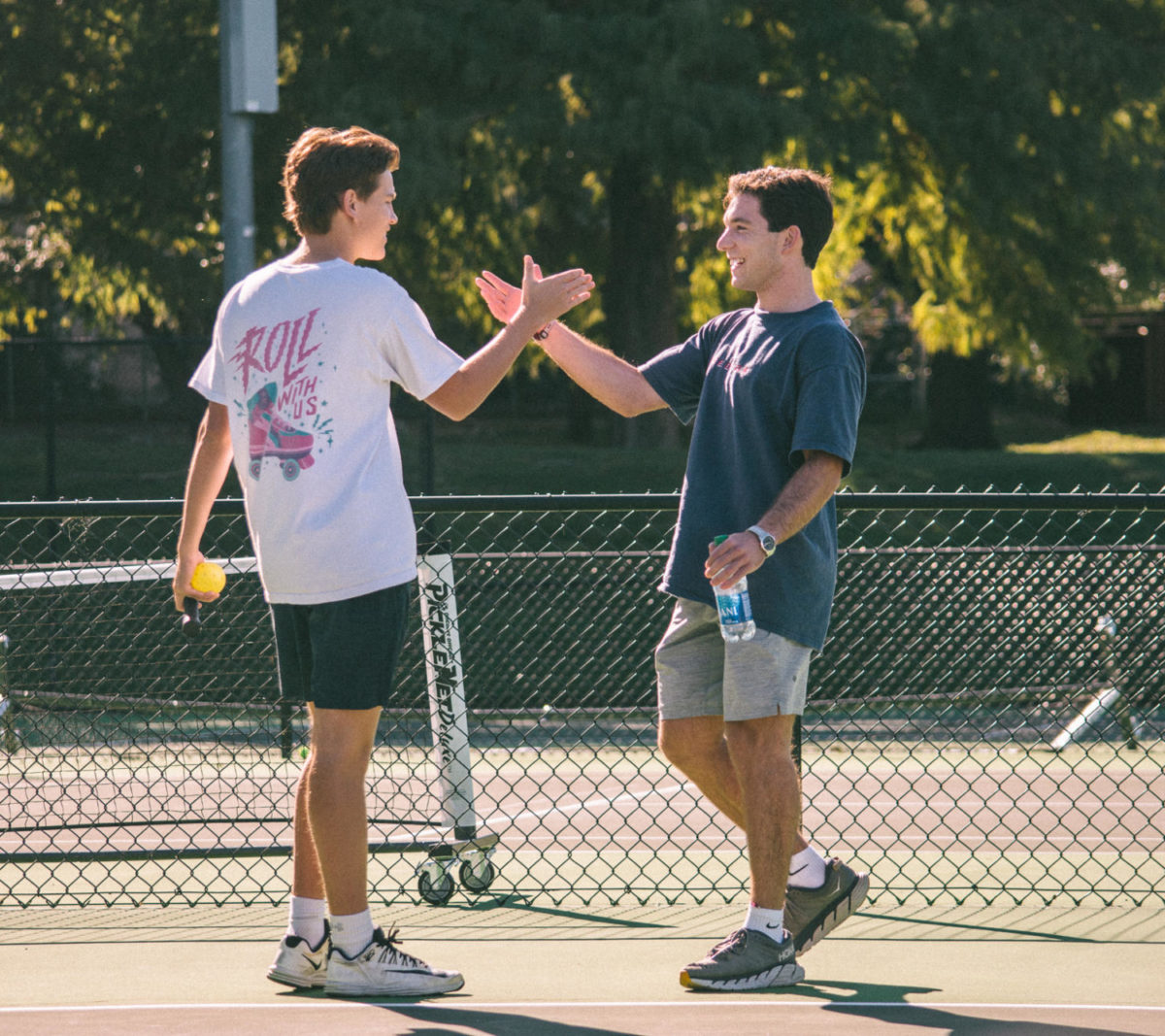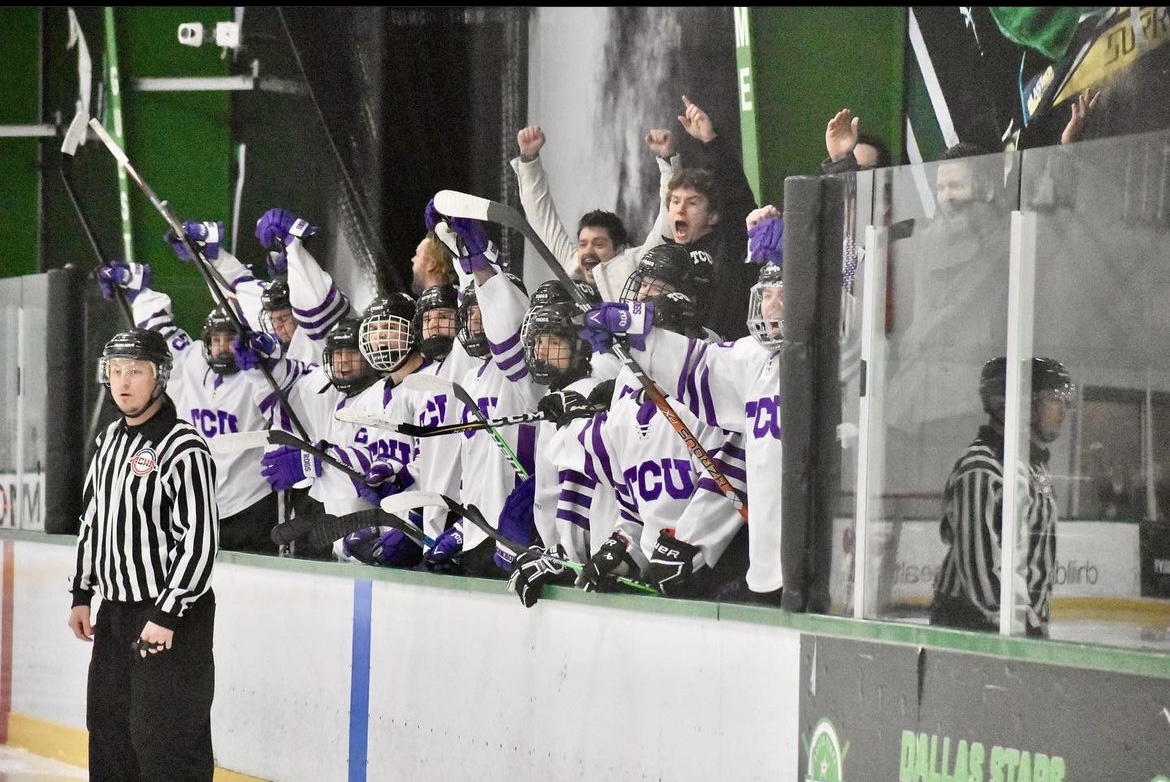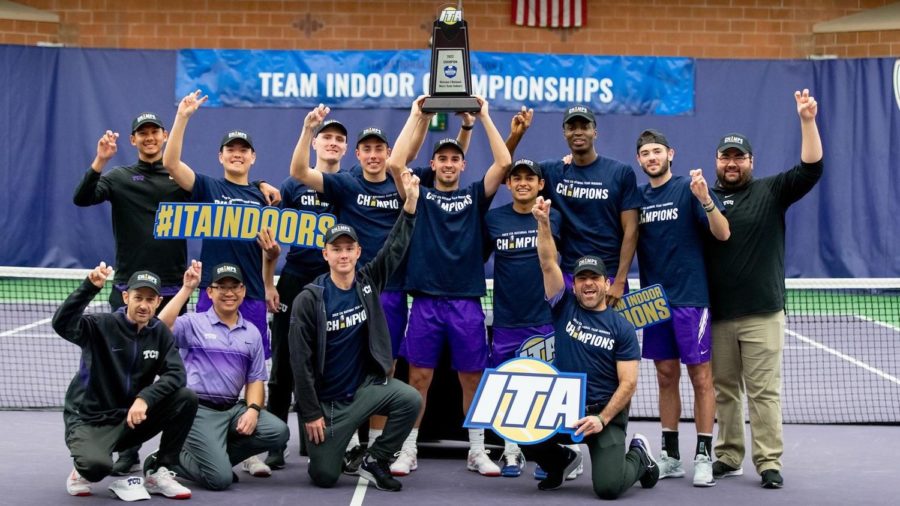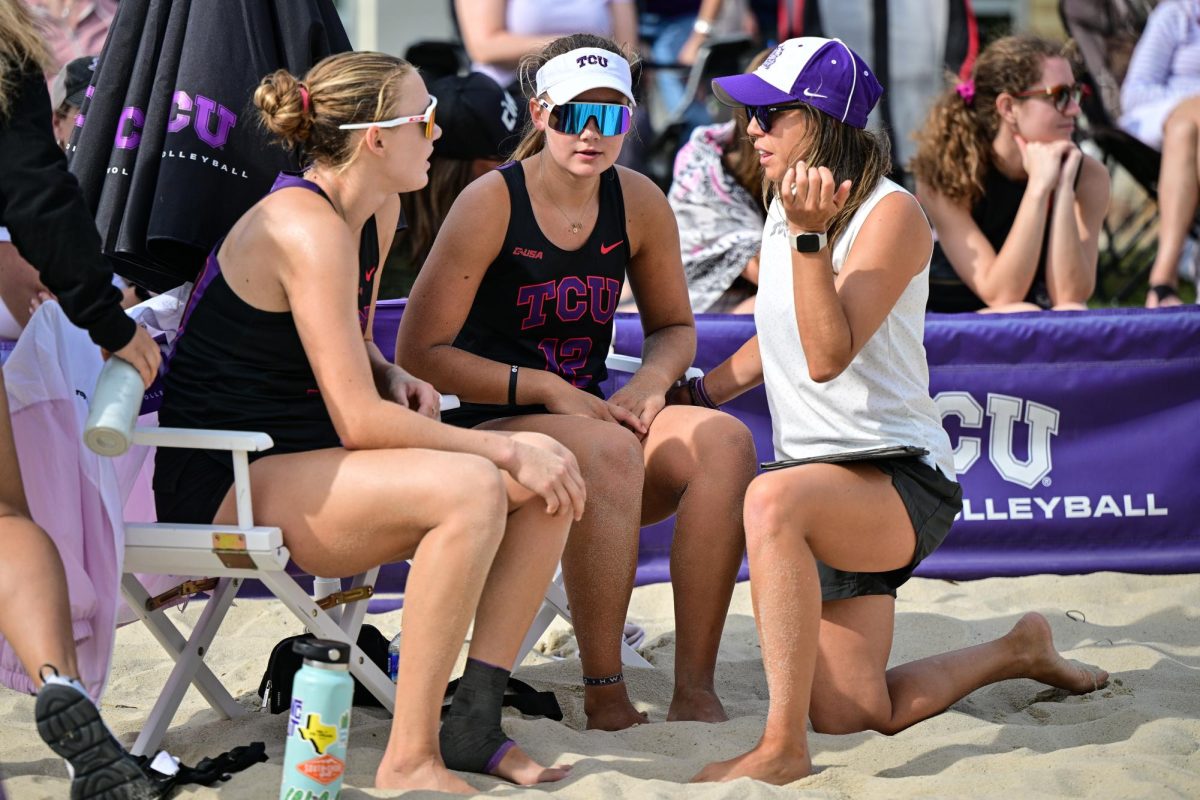A senior computer science major who’s also president of TCU’s Esports club lobbied and recruited so the club can one day turn into a varsity-level program.
In 2021, the Esports club operated teams for Rocket League, League of Legends, Overwatch, Valorant, Counter-Strike: Global Offensive and Smash Ultimate and competed in conference play, placing second to the University of Texas in Valorant and fourth in League of Legends.
But in his four years with the club, Asa Tuten has never seen an in-person audience at his home campus.
“It is the one thing I want to leave a major impact on before I graduate this spring,” said Tuten, the president of TCU Esports.
In 2017, Andy Rowland, a former collegiate student-athlete switched lanes and became TCU’s premiere Esports activist: campaigning, chartering and then competing for the program.
In their first year, Rowland and four other players competed in only one game, League of Legends. The team placed third in the League of Legends American Collegiate Esports League (ACEL) and won in an Esports tournament — DreamHack — against Baylor.
Rowland, who graduated from TCU in December of 2018, went on to become an Esports head coach at Dakota State University, the first of his kind at the program.
At TCU, there’s no Esports head coach, but the program has continued to grow since Rowland left it.
Since 2017, the Esports club at TCU has gone from just five players and one team to 33 players and seven teams, numbers Tuten said is “pretty good for a school of our size.”
Read more: New skillet, new era: TCU, SMU Esports teams compete in person for the first time
Still, it hasn’t been easy for a TCU Esports team that many in the TCU community don’t know exists.
“Not very many people know about us,” Tuten said. “There are alumni who connect with us online and did not know we existed while they attended TCU. I meet people every day who had no idea we had an esports club.”
Tuten also said TCU has had trouble competing because of the sheer size of the university, which decreases the odds of recruiting higher-ranked players and garnering local support.
“[It’s] something I hope creating a space on campus would help fix,” said Tuten.
Funding and support
Most schools struggle to dedicate a physical location to practice and play Esports, but many have made shared spaces for their clubs. Oklahoma State took the lead by opening up a “state-of-the-art” Esports arena in the spring of 2021.
TCU Esports does not have a place to compete in person.
For the upcoming “Iron Skillet” matchup between TCU Esports and SMU Esports, TCU will have to travel to Dallas to compete, utilizing SMU’s shared space.
The lack of space is partly an administrative and partly a funding issue. TCU Esports receives funding from SGA that covers about two-thirds of its budget, with the remainder covered from dues.
Tuten started a Frog Fund in the fall called the 2021 TCU Esports Project to help the organization reach its goals, but it didn’t exceed his expectations.
As of Dec. 13, 2021, the fund had earned TCU Esports only $205 of its $17,500 target and has since ended.
“Most players have the proper tools, but one of the main reasons why we are looking to raise money is since many players have their personal computers that are heavy and large and are hard to move weekly just to play in-person,” Tuten said.
By getting PCs and spaces on campus to play, Tuten said they could start hosting in-person competitions for TCU students to watch.
“We would be able to interact better with not only our teams, but with the community,” Tuten said. “By donating, we will be able to help show the university that […] we can create a major organization on campus and help draw in a whole new audience to TCU.”
Tuten has big aspirations for the program but he won’t be able to see the fruits of his labor — at least as an active member.
Along with a new space and PCs for the club, Tuten hopes the program will be able to expand to games like Halo and Call of Duty.
“It’s sad to build this up for the future but know I won’t be able to use it myself,” he said. “I think that next year will be a big stepping stone, though. Hopefully, by that time, there’ll be someplace that players can utilize.”
More than a game
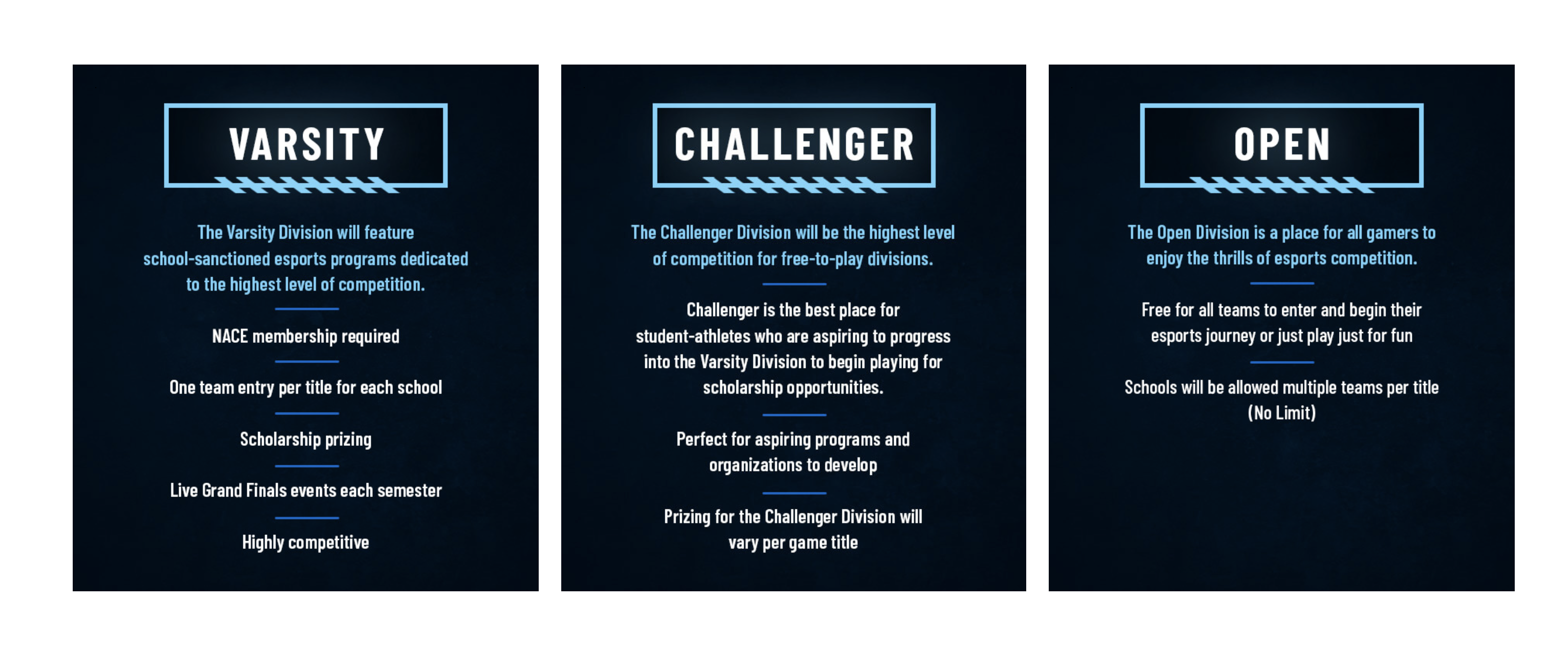
TCU Esports is in its developing stages and has not been certified as a varsity program under a governing body, meaning it isn’t able to compete at the highest level for prizes, but Tuten said that could change soon.
The largest governing body for Esports on the collegiate market is the National Association of Collegiate Esports (NACE). To make it to the highest level of competition, programs must be “school-sanctioned esports programs,” according to the NACE Collegiate Starleague (CSL) website.
TCU has been placed in the “challenger division,” while SMU and 219 other universities are under the “varsity division,” according to the NACE Collegiate Starleague (CSL) website.
TCU’s Valorant and Rocket League teams did perform in CSL this year but not at the varsity level.
One of Tuten’s goals for TCU Esports has been to turn it into a varsity-level program, which would make possible sponsorships and additional scholarships.
“If administration were to recognize esports as a major competitor in the realm of entertainment, we would be able to have a lot more opportunities to expand our platform,” said Tuten.
With the growing market, especially after a pandemic where many traditional sports struggled, it’s no surprise that collegiate Esports has started to garner collegiate attention.
In 2019, however, the NCAA’s Board of Governors voted against getting involved in Esports on an organizational level. The NCAA cited concerns over the male-dominated nature of esports and the extreme violence of some titles.
The decision was not a reflection of the industry’s lack of potential.
In the same year the NCAA declined its involvement with collegiate Esports, the “League of Legends” World Championship attracted an audience of over 100 million, more than any other sporting event that year including the Super Bowl.
Many universities have already taken notice of the frontier that is collegiate esports, and it’s only a matter of time before TCU has to take another serious look at its program.
Upcoming events for TCU Esports
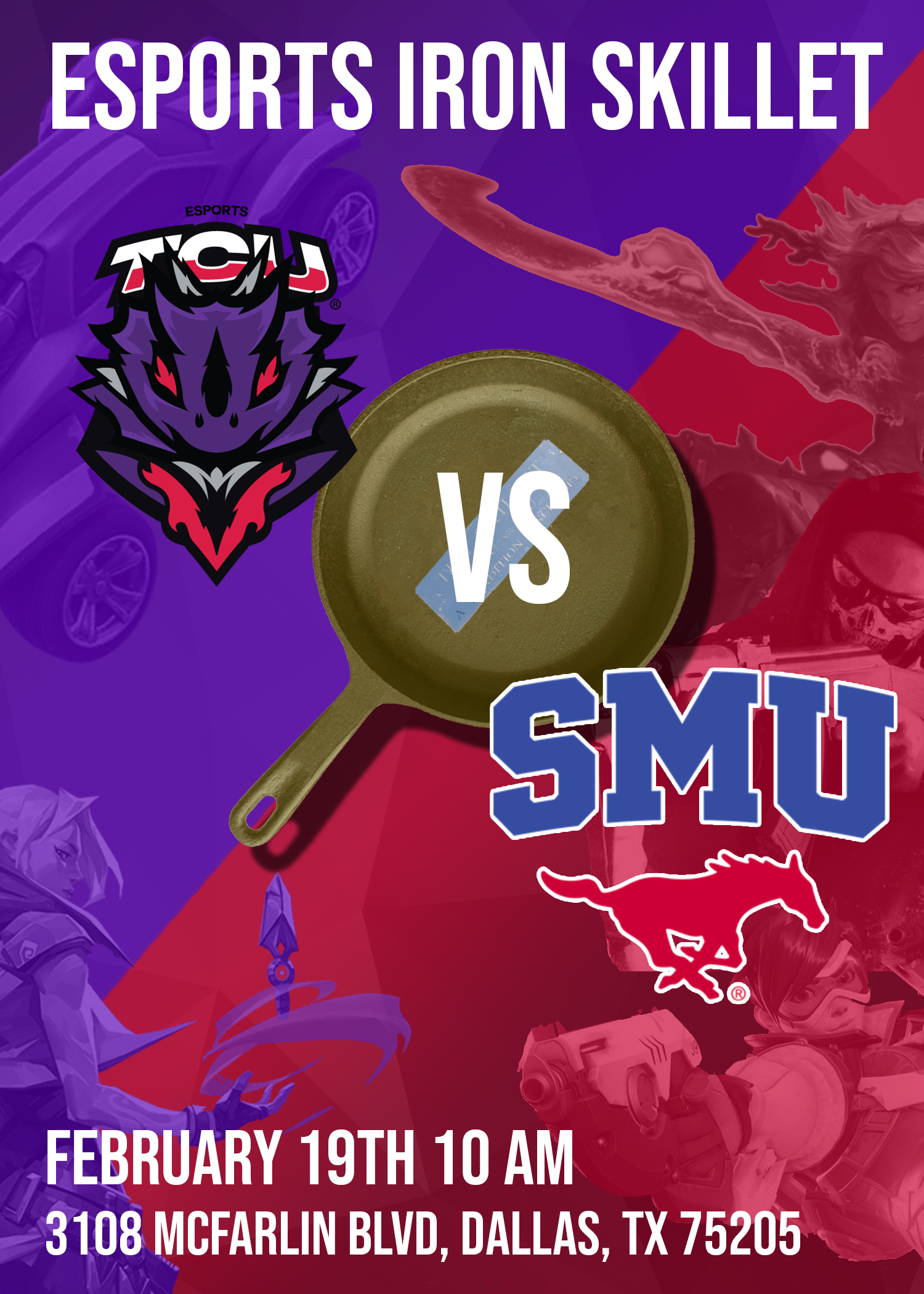
TCU Esports has a couple of events in its sights this coming spring, which can be streamed live on TCU Esports’ Twitch channel.
The Smash Ultimate team plans to compete in College Crew Battles, League of Legends will compete in College League of Legends (cLoL), and most other teams will compete in some sort of league this spring, Tuten said.
TCU Esports will take on SMU Esports in a competition that will feature League of Legends, Overwatch, Valorant, CS:GO and Rocket League. That matchup is slated for Feb. 19, 2022, at 10 a.m. in Dallas, Texas.
Tuten said the TCU-SMU rivalry matchup is about “raising money for charity and just having a fun day of competing.”
For more details, join TCU Esports’ Discord server at discord.gg/tcuesports or follow them on Twitter.



